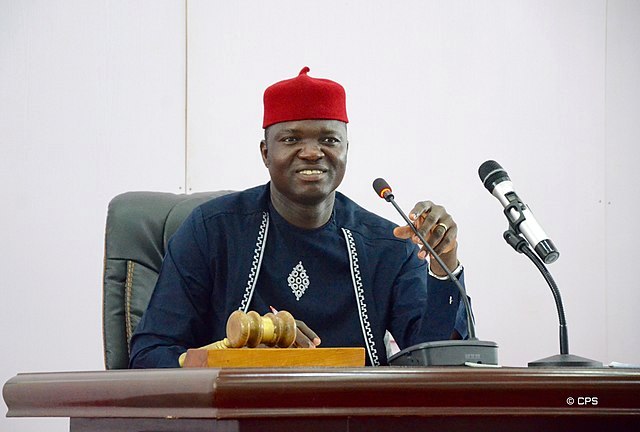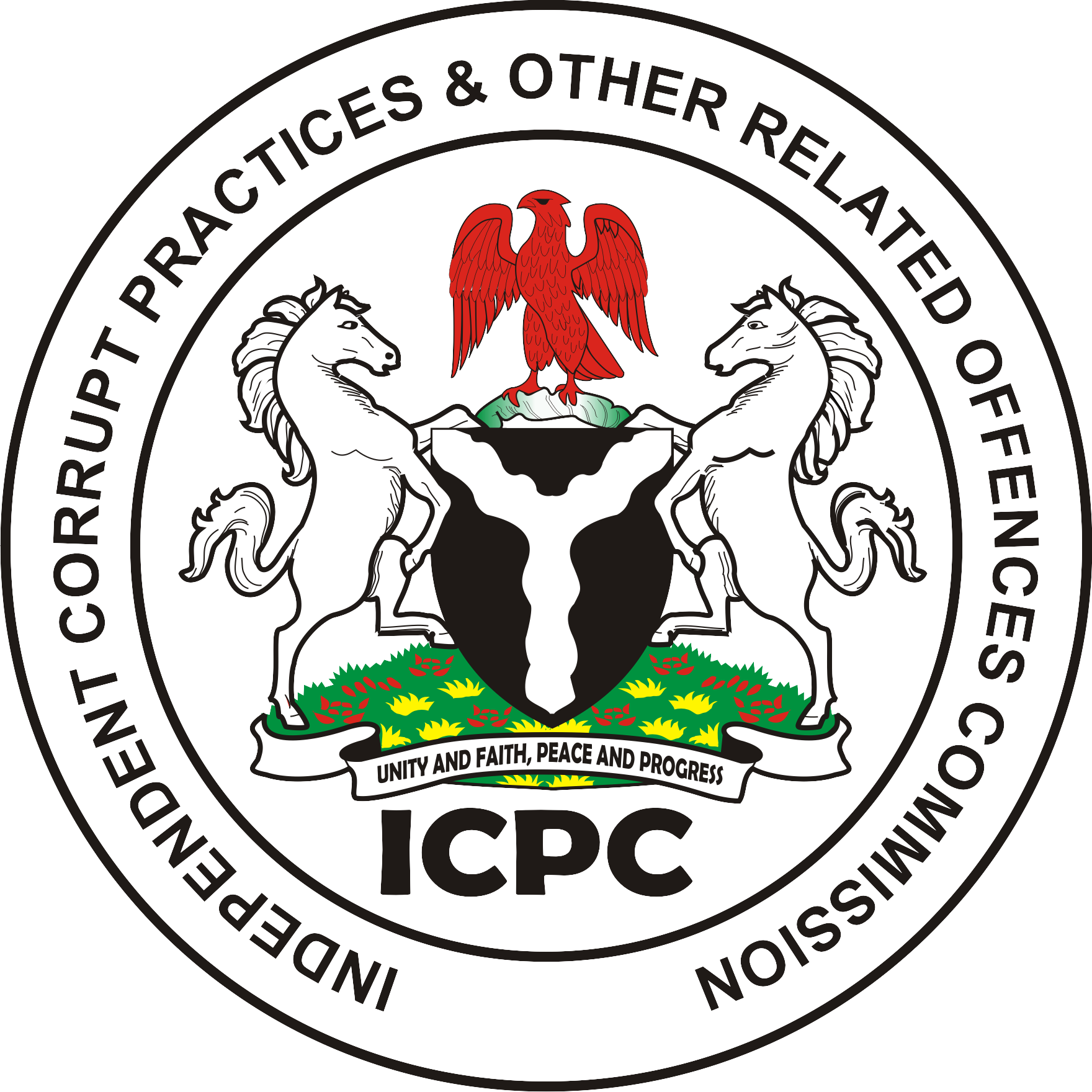By Abdullahi Mohammed
The Director of Centre For Democracy and Development CDD Idayat Hassan has exposed the dangers of illicit financial flows out of Nigeria and Africa.Speaking during the Multi-Stakeholders’ meeting Against illicit financial flow out of Nigeria at Sandralia Hotel Utako Abuja on Tuesday she said “Illicit financial flows perpetuate Africa’s economic dependence on the world and a clog in Africa’s quest for a developmental state that is able and capable of providing collective public goods such as security, health, education.
In her opening speech, she said the meeting was “ important in the sense that its focus, IFFs, bears on the central issue of development and underdevelopment in the country. Its widespread occurrence in Africa, and specifically in Nigeria, points to governance challenges in the sense of weak institutions and inadequate regulatory environment and lack of transparency and accountability, which has for many years strained capacities of our governments in various ways and discourages creation of wealth to implement development policies” she explained.
She argued that “taking the form of tax evasion, dodging custom duties, corruption, trade mispricing etc, the direct consequences posed by IFF is taken a huge toll on Africa. With decreasing government revenue, the impact is being felt by its citizens as government investments in public goods and services are drastically dwindling. But as it dwindles, the IFFs (have) not dwindled alongside. The global financial Integrity report shows that IFFs from developing countries grew by at least 10.2 percent annually over the decade ending 2009, with outflows from Africa representing 22.3 percent. They further showed that the amount of money lost could have settled Africa debt and even leave a surplus enough to finance development” she analyzed.
According to her ,”Nigeria fits perfectly into the context, one, the bulk of the IFF emanates from resource owning nations, with oil exporters losing 4 times more than commodity exporters. A further disaggregation of the Mbeki Panel report sees Nigeria topping the league with a cumulative of $217.7bn dollars from 1970-2008 lost with over 90 percent loss related to oil. An alternative spending analysis reveals that the lost resources can provide 870,000 schools at 50million naira each, over 400,000 hospitals at 100million etc.. “.
“It is against this background that as a nation we must #stopthebleeding, #stopIFFs. This meeting is called today as part of the CDD’ initiative to stop the bleeding and ending illicit financial flows out of Africa, with focus on Nigeria. The central objective is to provide a forum for the discussion of IFFs by revisiting its avoidable growth, define and agree on practical ways to collectively tackle it, and develop a National Compact against the phenomenon. The national compact document will articulate the commitment of the parties involved, short and long-term strategies on how to tackle the menace and frameworks for its implementation. An important output of the meeting is formation of a steering committee of 15 members, comprising of representatives of key organizations’ who have expertise to lend to the project. I hereby indulge relevant actors in the civil society, private and public sectors who are present here today to join work our modalities of fighting the menace”.
Also speaking at the event is The Country Director African Development Bank Nigeria Country Office Dr. Ousmane Dore said that ” active and sustained domestic resource mobilization ( DRM) and utilization us a sine qua non for driving sustainable broad based economic growth,development and transformation. Indeed, DRM together with control of illicit financial flows are among the financing mechanism identified by UN for financing post 2015 Agenda.”
He said that ” DRM in Nigeria is characterized by several stylized facts that reinforce the need for renewed focus on the issue. First, the economy(is) narrow tax based, with oil and gas sector accounting for 75%-80% of total tax receipts. Second, Nigeria DRM is constrained by poor financial market instruments. For example, Nigerian DRM sits on large financial resources such as the Pension Funds with 4.7 trillion asset , but financial instrument for deploying these funds to needed sectors in the economy are very limited. Third, the ability of tax administrators to efficiently collect tax in Nigeria is constrained by weak human and physical capacity, which together with the high cost of tax collection give rise to low tax payment compliance with high evasion. While the Government of Nigeria has embarked on milestone reforms aimed at improving DRM in the country,the benefits of these reforms have been limited”
He added that ” The African Development Bank recently commissioned a study entitled ” Nigeria: Illicit financial flows due to trade misinvoicing , 1960-2012″. The report focuses on trade misinvoicing because this is the only illicit financial flow that can be captured. Other illegal activities such as bribery,drug trafficking and similar illegal activities. Nigeria has for many decades experienced a very serious problem with trade misinvoicing, in the form overinvoicing of imports and under invoicing of exports for the purpose of shifting money out of the country. Between 1960 and 2011 , Nigeria experienced cumulative illicit financial outflows totalling USD 83.3 billion or 5.6% of total goods trade through trade misinvoicing only . Export under voicing takes the larger share of USD 44 billion while the balance of USD 39.3 billion was due to import overvoicing”.
Other speakers at the even include Zainab Ahmed who represented the chairman, Nigeria Extractive Industry Transparency Initiative ( NEITI) Ledum Mitee;Soji Apampa and ACP Nura Yakubu who was the representative of the IGP ,Solomon Arase.
Ahmed noted that ” the flows from extracting industry end up benefiting the few elites and their foreign collaborators”.



